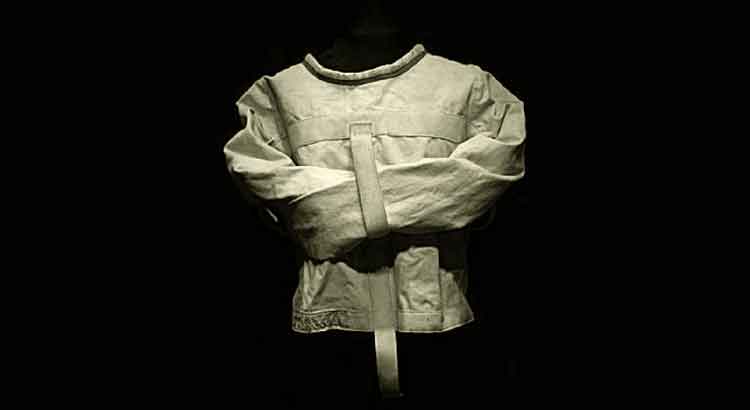I think of the artistic conceptions of Poe and Tolstoy, and suddenly I start laughing. On one side, the construction of a supreme beauty; on the other, the transmission of a feeling to the reader. Objectives: therein lies the fun. I do not know why, I start thinking about art and comes to my mind the blind universe, the ultimate representation of chance. I think of everything as a whole, and I see nothingness, the empty sky, indifference, the certain extermination, and the improbability of a purpose. “Objective” is a word invented by men who, like men, tend to perish. Stars shine for nothing, an immense galaxy can simply vanish. And I end up reflecting on the very old “useless effort”. Is beauty hidden in the certainty of defeat? Does mercy require the fall? If nothing else interests me, why exactly do I have art as valuable, as the inducer of meaning? It all seems to me, always, to lead to the very same questions…
Tag: philosophy
Every Book Should Have a Colored Label Attached to the Cover
When I imagine Cioran’s posture in front of a piece of paper and compare it with that of some of the best-selling artisans of entertainment, I think that every book should have a colored label attached to the cover indicating whether the work is serious or whether it is fun, a pastime, a joke—perhaps a happy face would fulfill the role well for these. Sincerity has an aggressive potential that marketing should avoid at all cost. Who pays to be attacked? Certainly not the mainstream audience. Moreover, the classification would be useful for the reader to know from whom he could ask any satisfaction, from whom he would be seen as a customer and, therefore, who would be truly interested in his satisfaction. It would be useful and very easy to identify who publishes for fame and who scratches the paper realizing they are bleeding.
Affliction and Revolt
Affliction and revolt: this is how the spirit seems to manifest when it contrasts the final feeling of not belonging with the obligatory need to belong to something. To detach oneself from the whole is an impossibility, even though the incompatible character of one’s nature is very clear—one must be an integral part, one must work for an impossible conciliation! And so, existing always seems to result in conflict, in open war that only stimulates negative feelings. Compulsory entry, exit only in weakness or submission. To stop talking is easy before closing the eyes, taming the veins, and annulling the bursts of the mind…
Renounces and Apostasies
Curious to note the posture of those whom I might call my prose models. Nietzsche, over the years, disowned his master with unparalleled violence. Cioran, though alternating outbursts and laments, did similarly with the one who he referred to as his “model.” It seems a natural course of life to slowly shed the old precepts, the old admirations, and what once shaped and nourished an expanding spirit. Cioran said in life only breakups matter. Perhaps because breakups are usually acts of courage. Renounces, apostasies, gradual and definitive detachment: all this seems, if looked at from a distance, to contribute to a kind of liberation.



